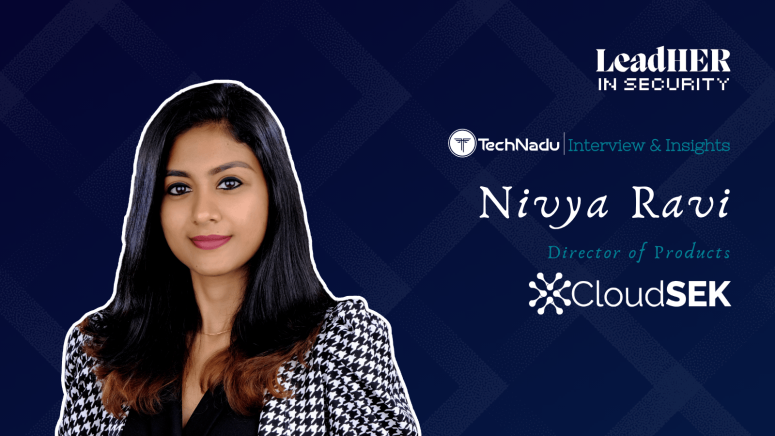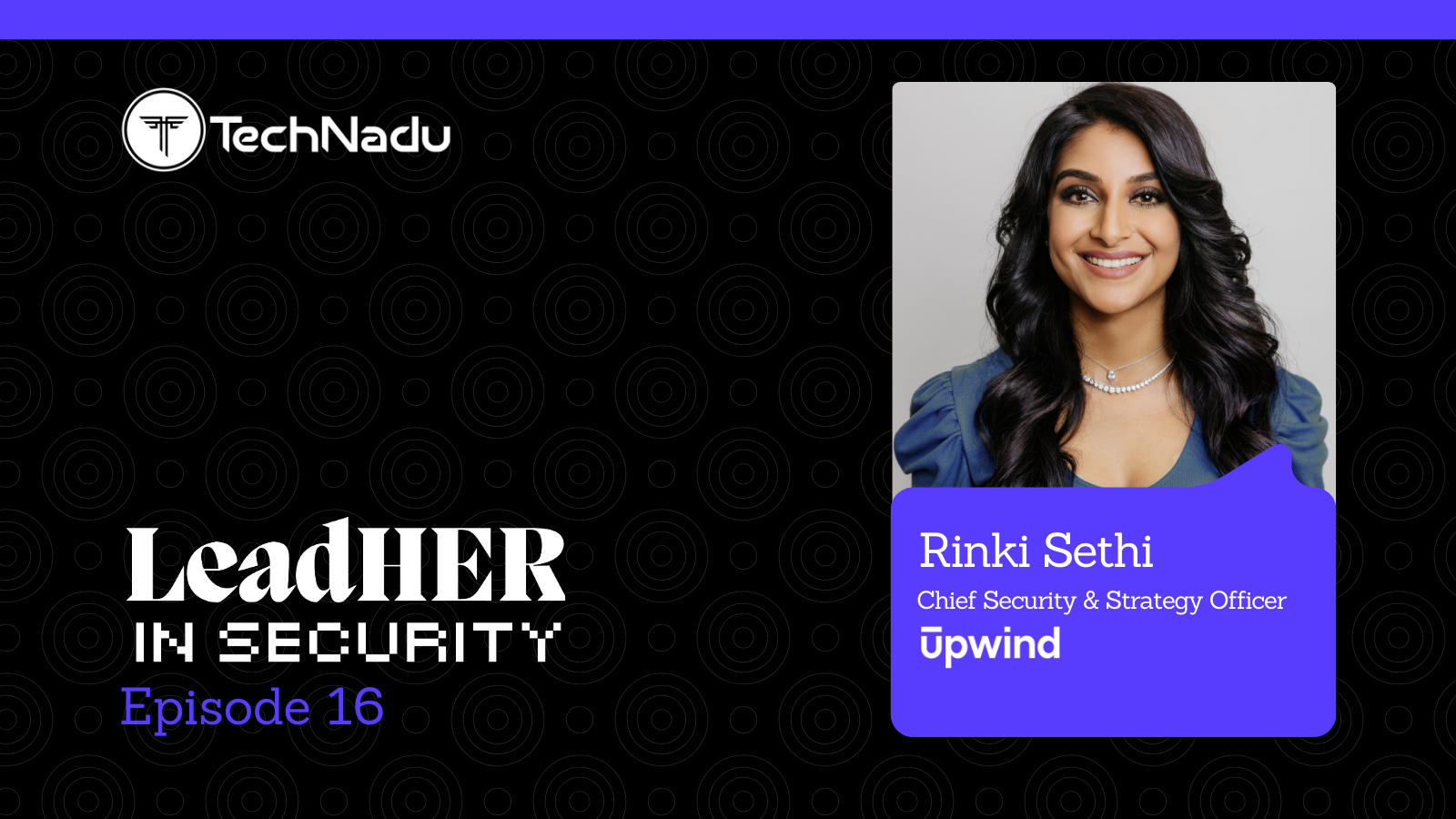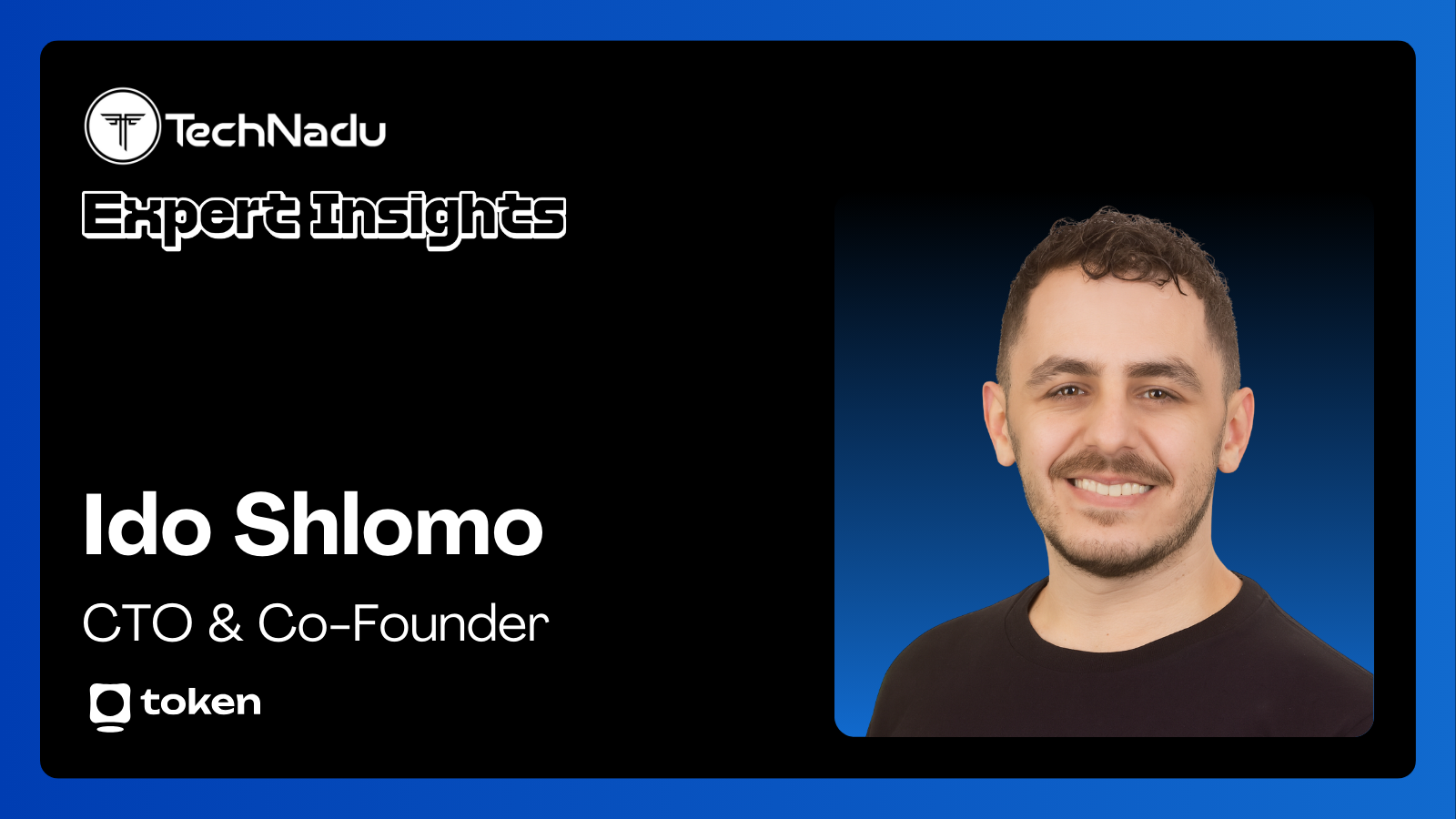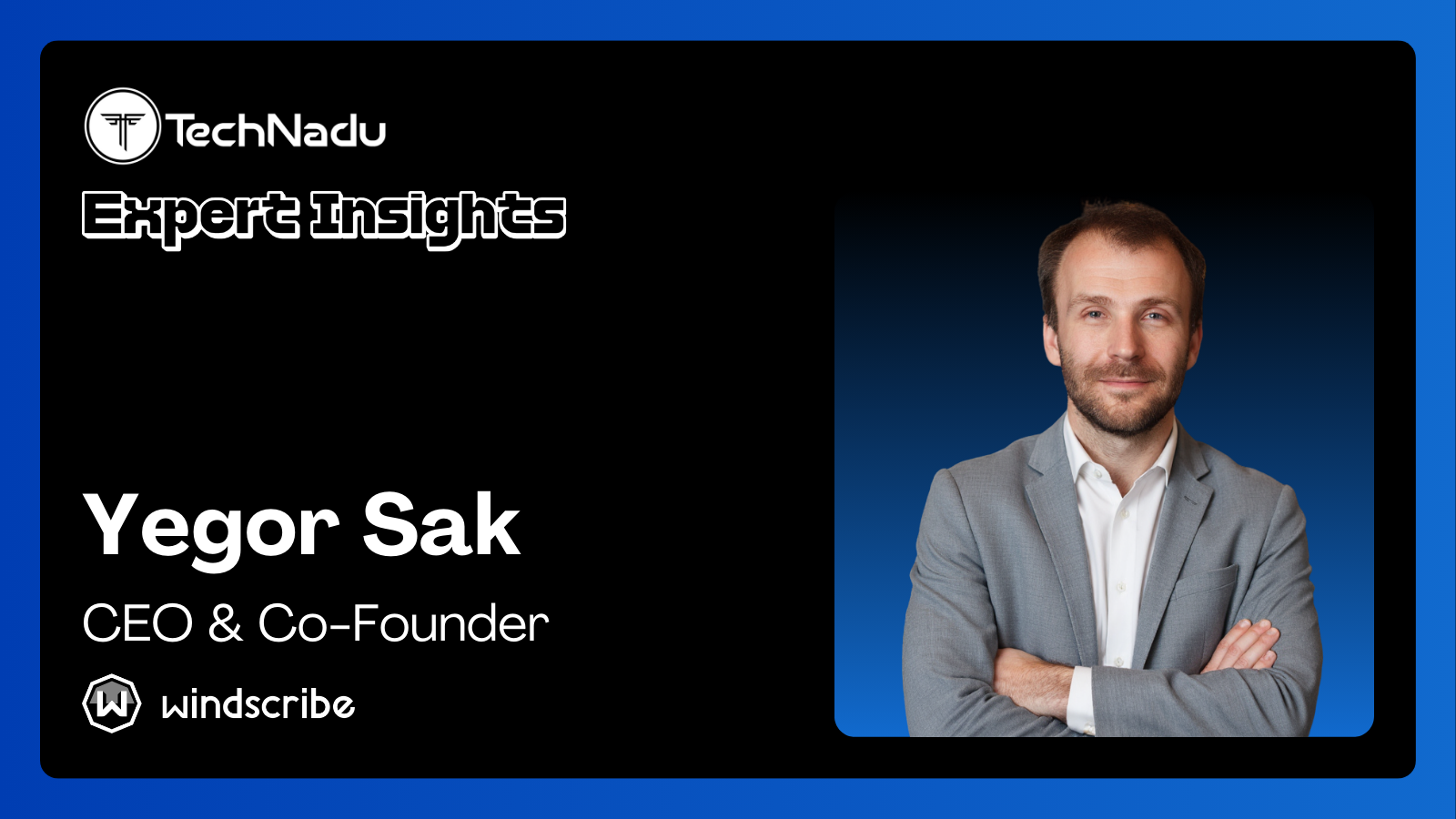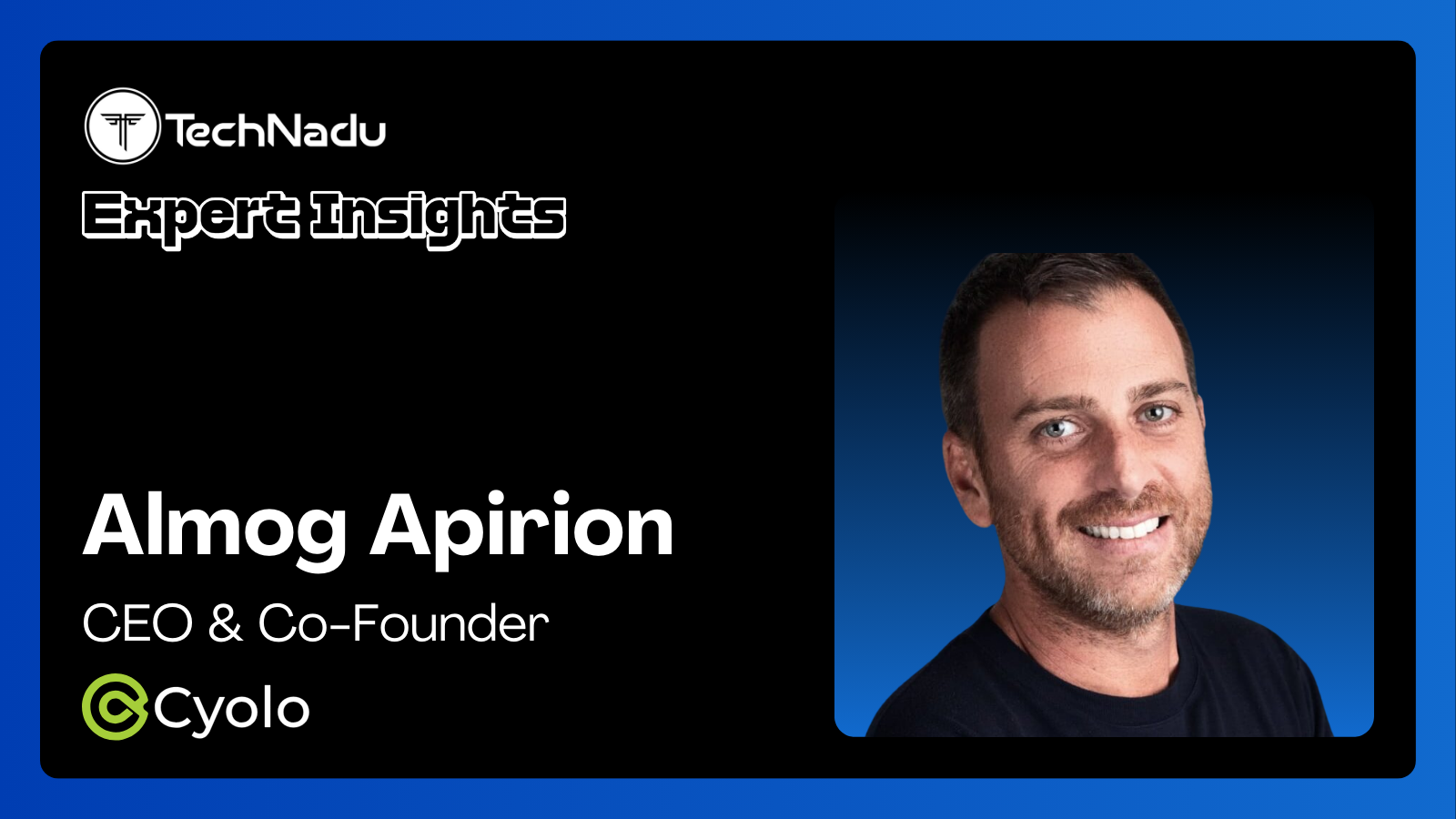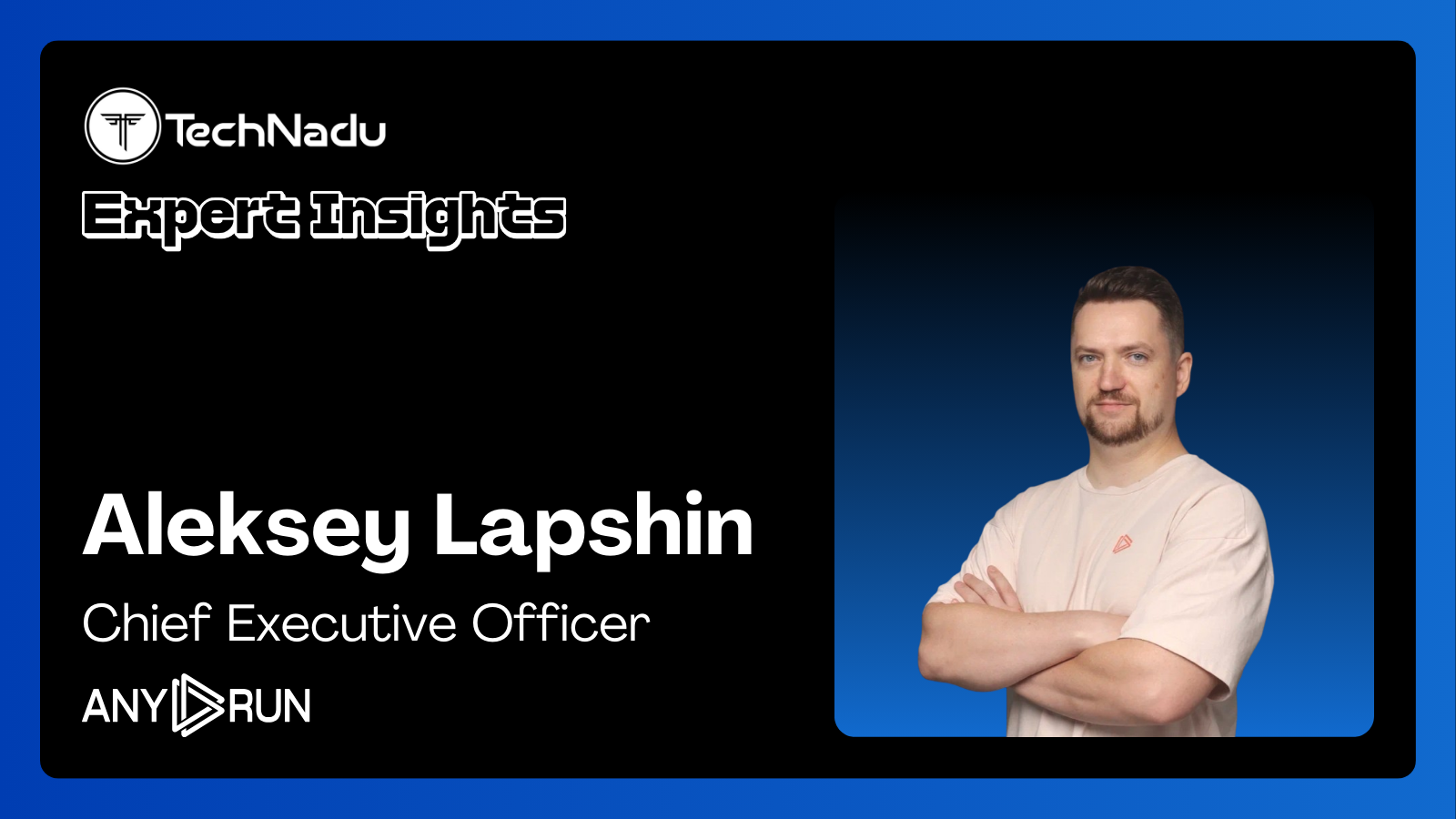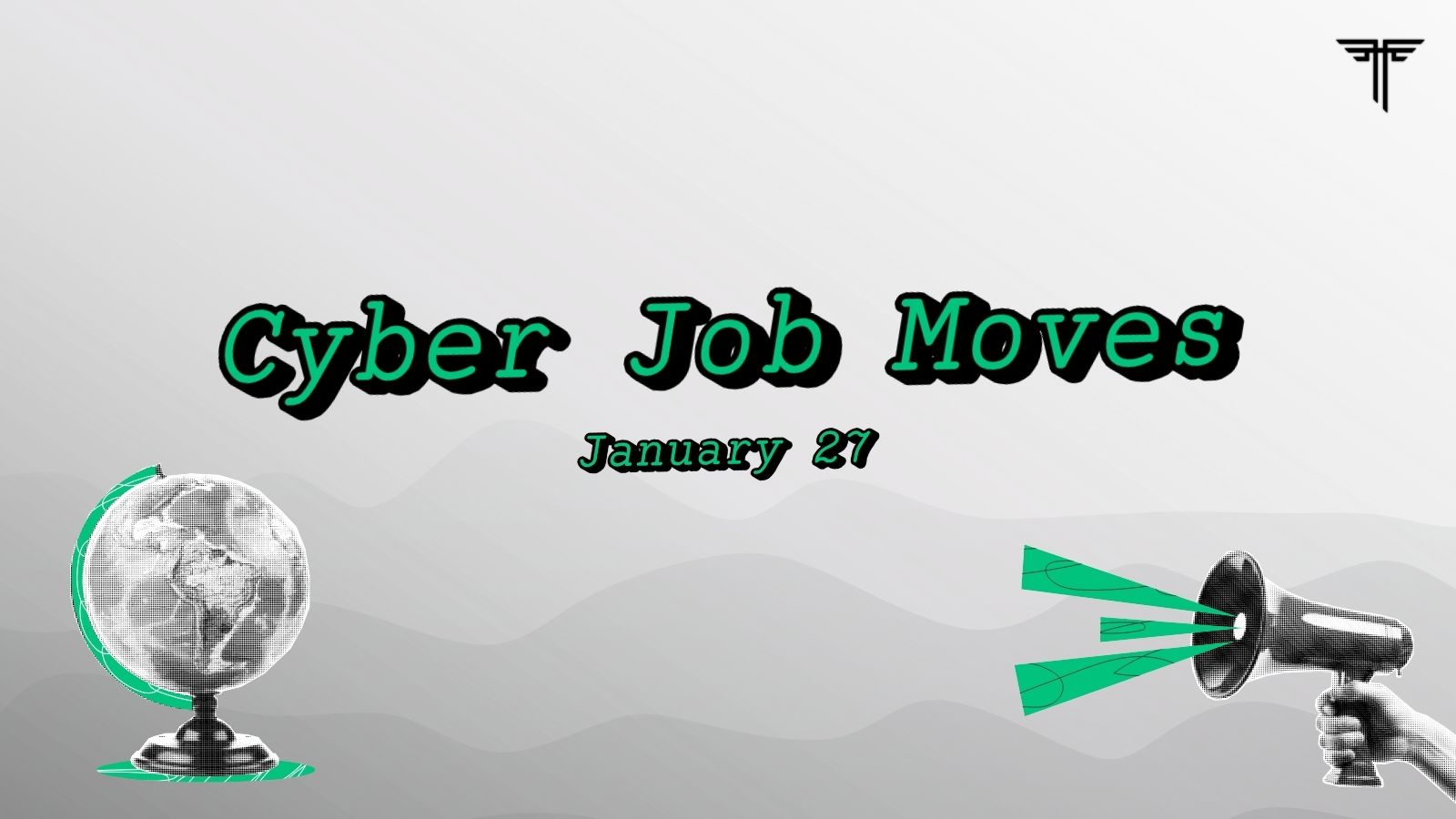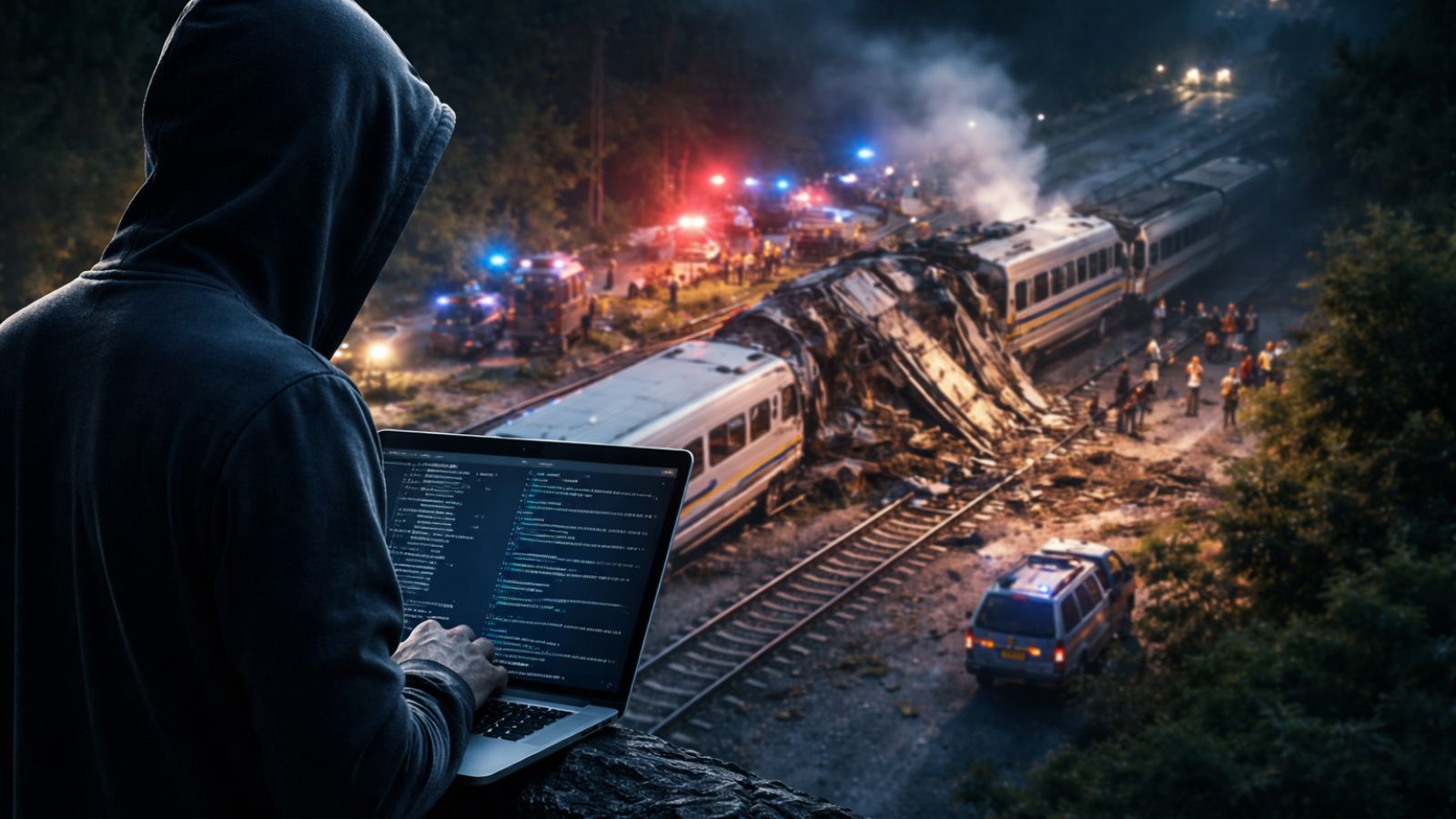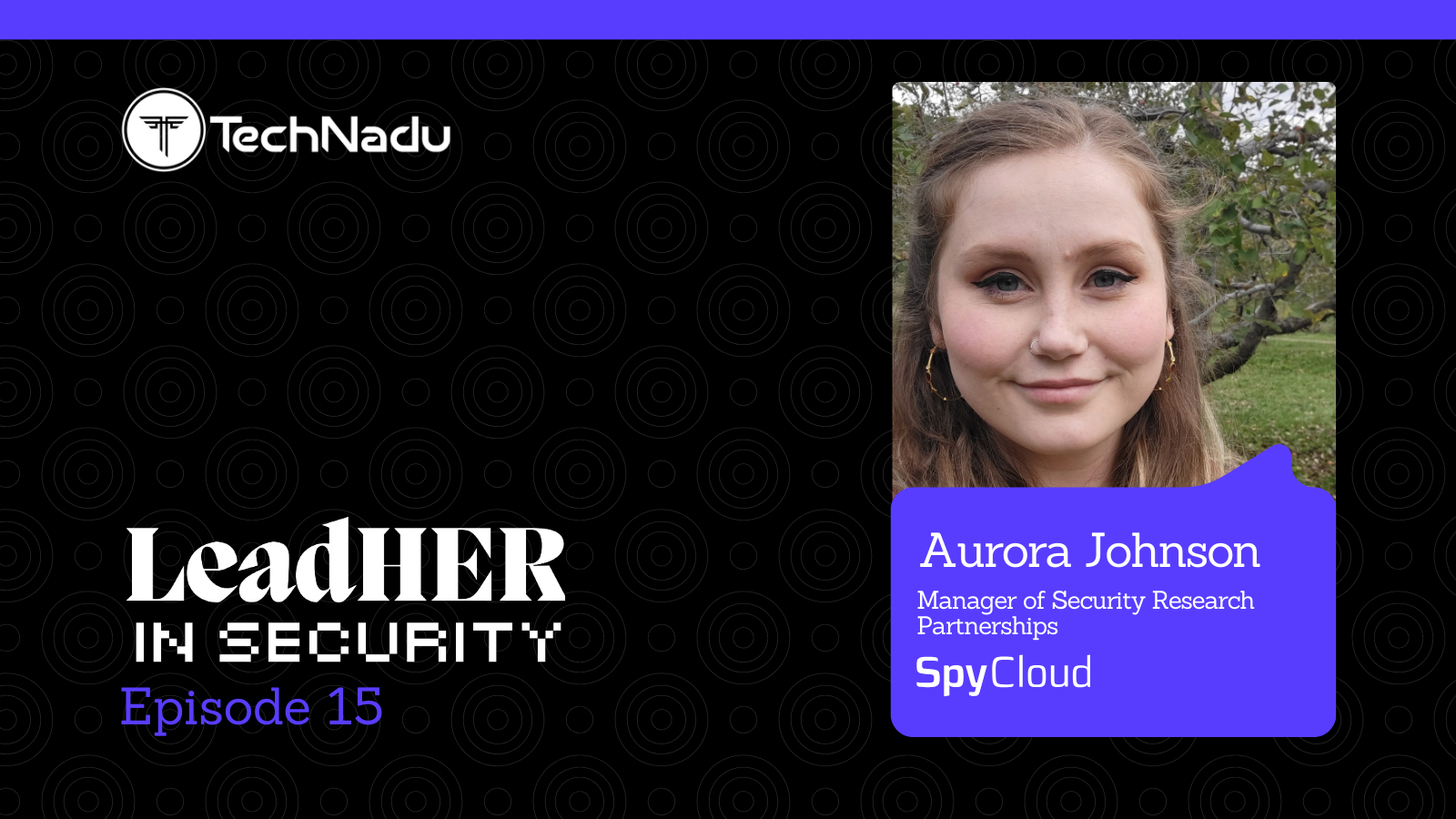
AI Must Predict, Not React: Smarter Threat Detection, Vendor Visibility, and Post-Breach Accountability for Shaping Cybersecurity’s Future
In this incisive TechNadu interview, Nivya Ravi, Director of Products at CloudSEK, offers a compelling view into the evolving cyber threat landscape and what it truly takes to build a resilient digital future.
A thoughtful and principled voice in cybersecurity, Nivya advocates for courage, transparency, and intelligence-led defense, qualities increasingly vital as threat actors evolve with AI-driven cloaking, supply chain targeting, and contextual phishing.
She draws a sharp contrast between attackers who “think in graphs” and defenders still trapped in silos, calling for AI that doesn't just detect threats but anticipates them. Her insights emphasize real-time anomaly detection, vendor risk visibility, and the need for security teams to prioritize context over noise.
As defenders brace to counter increasingly adaptive threats, Nivya reminds us: silence weakens resilience, while accountability strengthens trust.
This interaction serves as a playbook for security teams, business leaders, and policymakers determined to navigate a rapidly shifting threat landscape with clarity, speed, and shared responsibility.
Vishwa: Could you share your association with CloudSEK and outline the milestones the company has reached since its inception?
Nivya: At CloudSEK, I lead product strategy and growth across BeVigil, SVigil. The company entered the market in 2017 with a vision to predict cyber threats before they strike. We raised our seed round in 2018 from Exfinity and Omidyar Network, Series A in 2022 from MassMutual, and are now closing our Series B1 with a strategic investment from Commvault.
We began with XVigil, which laid the foundation of our predictive intelligence model by ingesting and correlating multi-source data leaks, impersonation artifacts, and dark web chatter. This evolved into a broader threat correlation engine, spanning infrastructure (SVigil) and supply chain (BeVigil) intelligence.
Today, this unified intelligence architecture enables early detection of ransomware campaigns, credential targeting, and third-party compromise before damage occurs.
Vishwa: What types of threats can be detected by XVigil, SVigil, and BeVigil by CloudSEK? Could you share details about the number and type of threats each detects to help organizations secure their infrastructure?
Nivya: CloudSEK’s threat intelligence stack covers Initial attack vectors, XVigil monitors the surface, deep, and dark web to detect threats like data leaks, phishing domains, brand impersonation, and infrastructure exposure. It processes over 2 million signals daily, delivering actionable alerts tailored to each organization.
- BeVigil focuses on attack surface management. It discovers and monitors internet-facing assets, identifying misconfigurations like open ports, unpatched services, and shadow IT- often detecting hundreds of unknown assets in the first scan.
- SVigil focuses on any supply chain issues, including data leaks or any infrastructure threats that could put the principal company under the threat radar.
Together, these products give security teams visibility across their digital footprint, enabling faster and more targeted responses to evolving threats. We detect and protect against thousands of issues on a daily basis.
Vishwa: What are the AI capabilities that the industry needs to handle the cyber threats in today’s time?
Nivya: I think the biggest need right now is for AI that can help security teams stay ahead, not just keep up. Threats are evolving too quickly for manual response.
First, we need predictive intelligence, AI models that can analyze threat actor behavior and global signals to flag risks before they hit us.
Second, contextual correlation is critical. Currently, attackers think in graphs and defenders think in silos. AI should be able to link data from different sources—like a leaked credential, a phishing site, and an exposed server—and tell us it’s part of the same campaign. That kind of insight saves time and improves response.
We also need real-time anomaly detection—models that understand what “normal” looks like in your environment and instantly catch anything unusual. And importantly, prioritization. Not every alert is urgent, and AI should help surface the ones that actually matter to the business.
Lastly, with GenAI becoming more mature, there's real potential in using it to summarize incidents, draft responses, or even assist with investigations—essentially becoming a co-pilot for SOC teams. So it's not just about detection anymore, it’s about speed, context, and enabling smarter decisions under pressure.
Vishwa: Could you elaborate on the need for vendor security? Are there any statistics or data about CloudSEK’s efforts in detecting and preventing supply chain attacks?
Nivya: Vendor security has become a major concern because most organizations today rely on a complex web of third-party apps, tools, and partners. A single vulnerable vendor can expose the entire supply chain—SolarWinds and MOVEit are clear examples. And today, 60% of the breaches originate from third-parties.
At CloudSEK, we recently came across a cash management provider for all major banks in India that was leaking all the ATM related details on how much money was deposited and live updates of the transactions.
In short, CloudSEK doesn’t just monitor your environment; we extend your visibility to every entity in your ecosystem, helping you build resilience across the entire supply chain.
Vishwa: CloudSEK brought the Oracle data breach to light. What was the experience throughout the process of bringing the threat intelligence to the larger community and facing backlash from competitors?
Nivya: Bringing the Oracle breach to light was both a defining moment and a stress test for CloudSEK’s principles. We first identified the breach through our threat intelligence platform, which flagged leaked Oracle Cloud credentials and exposed access to customer environments.
Within hours, we triangulated the source, assessed impact across geographies, and initiated discreet responsible disclosure.
Once the data was validated and reported, we made a conscious decision to go public in a responsible manner because we believe transparency builds trust, even if it comes at a cost.
The backlash was swift. Some competitors called it “fear-mongering”; others questioned our motives. But we stood firm. Because the real mission wasn't about publicity, it was about alerting thousands of affected enterprises and pressuring stakeholders to fix critical gaps across the supply chain.
The outcome?
- CISOs from over 20 countries reached out for remediation assistance.
- We received applause from independent researchers and regulatory bodies for our ethical handling.
- And even some of our toughest critics quietly tightened their own disclosure playbooks after this incident.
In cybersecurity, courage sometimes means saying what others won’t. And that’s the ethos CloudSEK lives by: data first, accountability always.
Vishwa: What kind of attitude shift is essential among companies after being targeted by cybercriminals? Could you share a message to victims of cyber attacks who deny being targeted, as was observed in the Oracle incident?
Nivya: The biggest shift needed is from defensiveness to accountability. Too often, companies treat cyber incidents as PR disasters rather than security wake-up calls. The instinct to deny or downplay a breach might protect stock prices in the short term, but it destroys long-term trust with customers, partners, and regulators.
In today’s world, being targeted isn’t a failure. Not responding transparently is. After an incident, the most progressive companies don’t ask, “How do we hide this?” They ask, “What can others learn from our experience?”
To those who deny being targeted, especially when evidence clearly points otherwise, here’s a message:
In the Oracle incident, denial only delayed response and remediation. Had the acknowledgment been faster, countless downstream vendors and clients could’ve secured their systems sooner.
The world doesn’t expect perfection, but it does expect honesty, speed, and responsibility. The moment we start treating cyber incidents like shared challenges instead of isolated failures, we move toward a more secure digital future.
Vishwa: In what ways can more girls be drawn to cybersecurity training? Who, according to you, are some of the most remarkable women professionals from the cybersecurity industry?
Nivya: Girls grow up wanting to be doctors, teachers, lawyers, because they’re shown how these roles change lives. Cybersecurity must be shown in the same light:
We need role models, not just recruiters. Mentorship programs, early exposure in schools, storytelling through media, and hands-on training camps tailored for young women can make a huge difference. Most importantly, we need to create spaces where girls feel heard, seen, and safe to lead.

